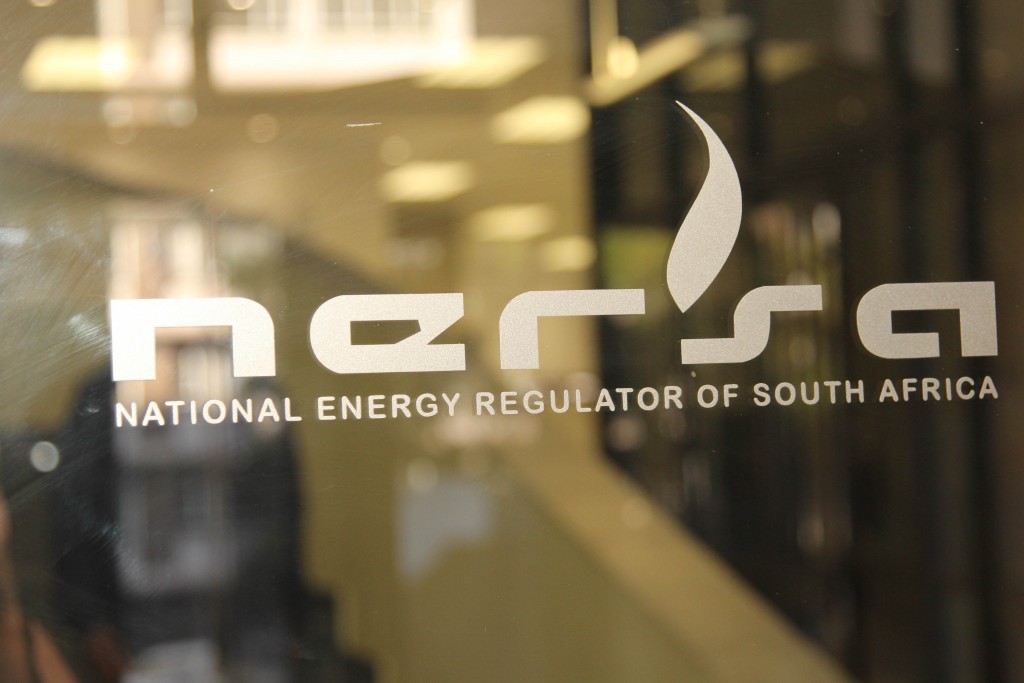NERSA has agreed to increase the price of electricity by 33% over the next two years Photo Moneyweb
South Africa – The National Energy Regulator of South Africa (NERSA) has agreed to hike electricity tariffs by more than 18% and 12% in the next two financial years respectively. The first increase will come into effect from 1 April this year with the next increase coming April next year. A 33% hike in two years.
With South Africans currently facing stage six loadshedding, an increase in the cost of living and more, this is not happy news. Chris Yelland, energy expert, feels the true kick in the gut is South Africans will pay an extra 33% while getting 33% less electricity.
“What really sticks it to customers is the fact that at the same time we’re having a 33% price increase, we are having a 33% supply reduction from Eskom. In other words with stage six loadshedding we are without power for eight hours in every 24. That’s one third, 33% of the day.”
NERSA creating a balanced price increase
Eskom applied for a 32% price increase for the 2023/24 year and a 22.5% increase for the 2024/25 year. NERSA granted them 18.65% and 12.74% respectively. Although the increase is not a welcomed one by Eskom or consumers, Yelland believes NERSA did its job and give a balanced increase.
“[Eskom] are saying they didn’t get enough. The price of electricity is still too low. Consumers feel that the award of 18%, which is like three times the inflation rate, is way too high. So when you look at it like that, perhaps some kind of a balance has been struck between the needs of customers and the needs of Eskom.”
NERSA in the past erred on the side of the customer in the past by not following its own methodology. For this, Eskom took them to court and won the case. It is for this reason the price increase is steep.
“The courts have ordered this claw back from customers in the current tariff increase to some extent. A portion of this tariff increase is outside of NERSA’s control and they don’t have any discretion over it. It’s a court order and if they don’t give that order, they will be in contempt of court.”
It is for this reason Yelland feels NERSA erred on the side of Eskom a little bit more with this price increase. According to him though, they are looking at reworking their methodology and there hopes it will be favourable to consumers.
SMread: Government needs to be held accountable by ratepayers
Moving to renewable electricity
While the news of the price hike is certainly difficult to bear, Yelland has found some positives in it. This is the “biggest, strongest economic signal” to customers that it is time to invest in alternative solutions. Domestic and businesses should look towards “solar and battery energy storage” amongst other things.
“It’s a no-brainer now. If you look at just economic savings you can make in addition to the additional security of supply you can achieve so you can continue business and become more resilient. As well as the imperatives to decarbonise.”
Yelland, who also runs a small business from his own, has his own battery backup solution. Without this, he stressed he could not work from home. With the way loadshedding is going, it is time for businesses to look for alternative solutions if they wish to stay in business, said Yelland.
“I operate a small business from home and without a battery backup solution, I could not do business. The battery backup solution that I’ve got cost about R8 000 and it means I can continue my business which is a small home business. I can continue through loadshedding. I think every single business has got to start looking at its own situation and looking at the options for it and in a business it is a no-brainer.”
Loadshedding is a business killer
Although Yelland firmly believes every business needs a backup solution, there are some like Hamid, a small restaurant owner, who simply can’t afford it. The new price increase coupled with loadshedding is taking a strain on his business.
“Everyday I suffer with six hours of loadshedding. During that time I can’t make half the food on the menu and people are not going to way for one or two hours for food. People tell me to buy solar panels and inverters but it is too expensive for me. There is also a fear that the panels will get stolen. There is simply not much someone like me, who is living from hand to mouth can do.”
Consumers will also face another increase in July when the municipality increase their prices. Consumers will have to tighten their budgets as Yelland doesn’t foresee any decrease anytime soon. Either consumers fork out to pay or invest in alternative power solutions.
